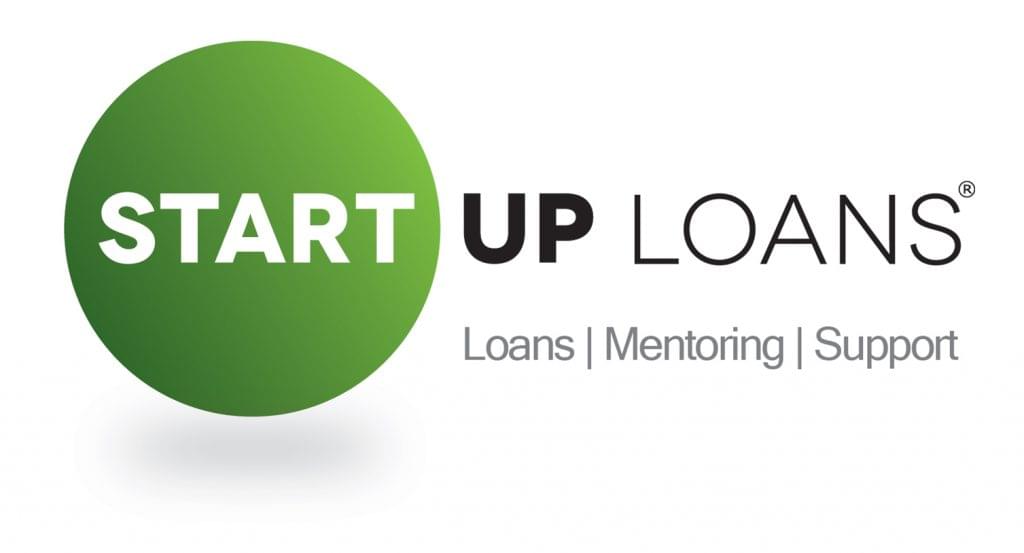Is your business ready to get a loan? 10 Questions you need to ask yourself before applying for funding
Do you want to grow your business but don’t have access to the funding you need? Have you considered a start-up loan, but don’t know whether that would be the right move for you? Accessing money to start or expand a company is one of the trickiest issues a small business owner will face.
That’s why the Government-backed Start Up Loans Company has outline ten questions you need to ask yourself before applying for funding for your business.
1. Have you written a business plan?
A written business plan is one of the first steps in turning your business idea into reality. It helps to clarify your business idea and spot any potential problems. When applying for funding, your business plan is the ‘face’ of your application, so make sure it’s saying what you want it to say.
If you’re struggling with how to structure it and what to say, you can find a useful business plan template here.
2. Do you have proof of any sales or contracts discussed in your business plan?
A good business plan will detail the market your product/service is targeted at. It will also detail the demand for the product/service your business will provide.
If you are going to make claims of sales or contracts in place already, you have to be able to verify them with proof. This might mean providing a copy of the contract etc.
Remember – anyone lending money to you will want to be sure there’s a strong chance their loan will be repaid. The more evidence you can offer that it will be, the more likely you are to get a loan.

3. Is your business plan up to date? And have you reviewed the content?
The dynamic nature of business is likely to mean that things will change as you work on your business plan. It is imperative that, when you apply for funding, you are presenting a business plan that is as up to date as possible.
In addition, little things like checking your spelling will improve your application’s professionalism and increase your likelihood of getting funding. Simple mistakes will make you look bad.
4. Have you prepared a cash flow forecast?
This is a forecast of how you see your business performing financially. For anyone assessing whether to lend or grant you money, it’s also their opportunity to see if you have thought everything through. So make sure you include all of your costs and your revenue streams.
Most importantly, be realistic. It might look impressive to predict you’ll have £1,000,000 in the bank after 12 months, but this is generally not going to be the case.
If you need more guidance on preparing a cash flow forecast, you can find a free cash flow template here.
5. Does your business plan match up to your cash flow forecast?
Check that the numbers you mention in your business plan are the same as those in your cash flow forecast. Everything needs to tally, so make sure you check that you aren’t saying one thing in your plan and another in your cash flow.
6. Have you got a Personal Survival Budget?
Before applying for funding, you need to work out the absolute minimum that your business needs to make to support you – this is called a Personal Survival Budget. This is done by looking at exactly how much money you need to survive i.e. to pay essential bills such as rent, food and childcare. You will need to live on this money while the business is up and running so it is important you think about this carefully. Too often this is ignored or not done well enough.
The Money Advice Service has a great budget planner you can use for this purpose. Don’t forget to look at your bank statements. You’ll be surprised how much you are actually spending!
7. Do you know the industry you are looking to enter?
It’s very important that you know the industry your business is entering. Do as much research as possible; know the products, the competitors and how others operate.
If you’ve identified a gap in the market make sure you can talk about this and explain how your business will stand out from the competition. It shows you are committed and it’s always impressive when someone can answer these questions without having to consult their phone.
8. Can you demonstrate that you have managed your existing debt, hire purchases and bills as best you can?
This shows that you can manage finances and gives confidence that you will manage further debt well.
9. Do you have an exit strategy or a plan B?
Not all start-up businesses work out. If you can demonstrate that you have alternative options, you will come across as more responsible and improve your chances of accessing funding, especially debt.
10. Finally, do you know what you require the funding for?
Provide (in as much detail as you can) a breakdown of what you need the money for. Supplying quotes for equipment or work to be done is always helpful and shows that you are only looking for what you need.
To read stories about people who have realised their business dream with the help of funding from The Start Up Loans Company visit their website.
What is Start Up Loans?
Start Up Loans was launched in 2012 by Lord Young. It focuses on providing funding for small businesses that are just about to launch or that are already up and running. It has already backed 36,000 businesses, issuing loans totalling more than £200m.
You can learn more about the application process in this video.
Think it might be right for you? Check your eligibility here.
